
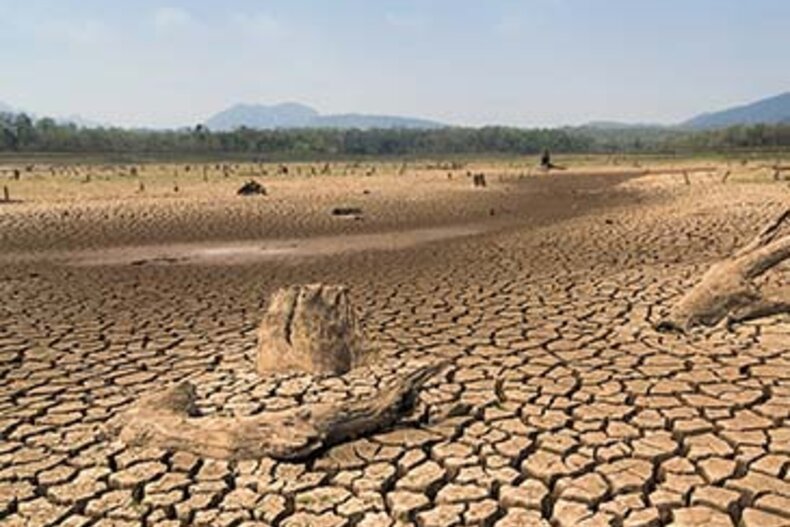
An area of healthy land equal to four football fields is deteriorating every second, adding up to 100 million hectares of degraded land annually.
Drought, desertification, and land degradation are some of the most urgent environmental issues of our day; up to 40% of the world's land surface is already thought to be deteriorated.
Increased demand for natural resources results from growing populations combined with unsustainable practices of production and consumption, which puts undue strain on the land and causes degradation.
On June 17, 2024, Germany commemorates Desertification and Drought Day while hosting events in Bonn, as this year marks the 30th anniversary of the United Nations Convention to Combat Desertification (UNCCD).
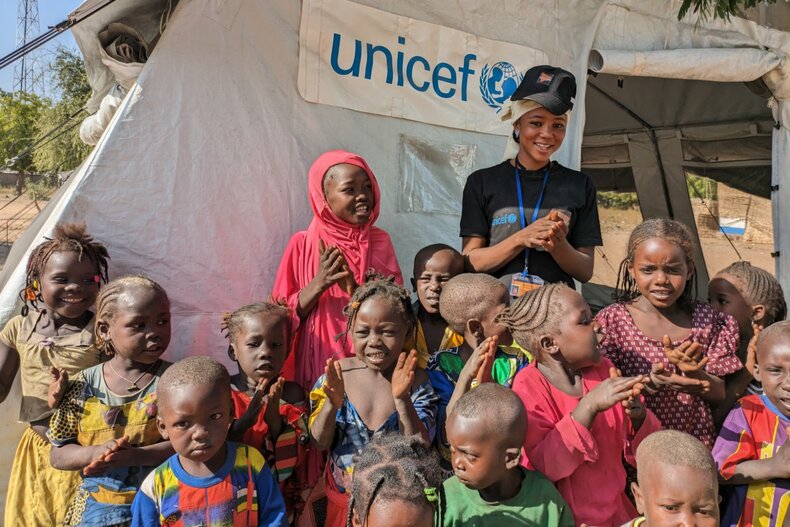
Once again, on the third week of June, the World marks two dates in close succession: “World Day to Combat Desertification and Drought” on 17 June and “World Refugee Day” on 20 June.
The proximity is more than just a coincidence; there is a strong link between desertification and migration, as droughts are driving force of migration, putting tens of millions of people each year at risk of displacement.
According to the UN, various studies suggest that global environmental changes could drive anywhere from 50 to almost 700 million people to migrate by 2050.
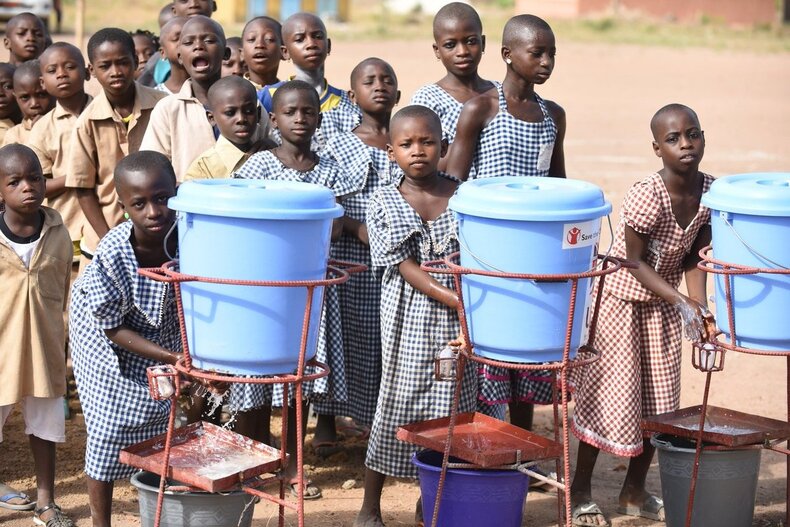
In addition, land degradation affects 3.2 billion people worldwide, while over one billion young people under the age of 25 live in developing countries, particularly in regions directly dependent on land, natural resources and agriculture. This leads to increased hunger, poverty, unemployment, and forced migration.
Land degradation affects up to 40% of the planet and nearly half the world's population, particularly one billion poor individuals whose livelihoods depend on healthy land.
Half of these - 556 million - are under the age of 18, with young rural women particularly disadvantaged. As a result, forced migration is widespread in regions characterised by political instability and violent conflict, such as the Horn of Africa.
However, many affected by soil degradation and drought live in a state of immobility, lacking the resources required for migration.

“First things first, we need to support people in vulnerable contexts to prevent forced migration while investing in the creation of habitable environments,” states Ann Kathrin Linsenhoff.
Previously, over 130 countries have pledged to achieve land degradation neutrality (LDN) by 2030 and create a world where human activity has a neutral or even positive impact on the land.
Germany has been a strong supporter of the convention throughout its history, contributing politically and financially as one of the most active partners.
With 197 parties, the UNCCD is the sole legally binding international agreement linking environment and development to sustainable land management.
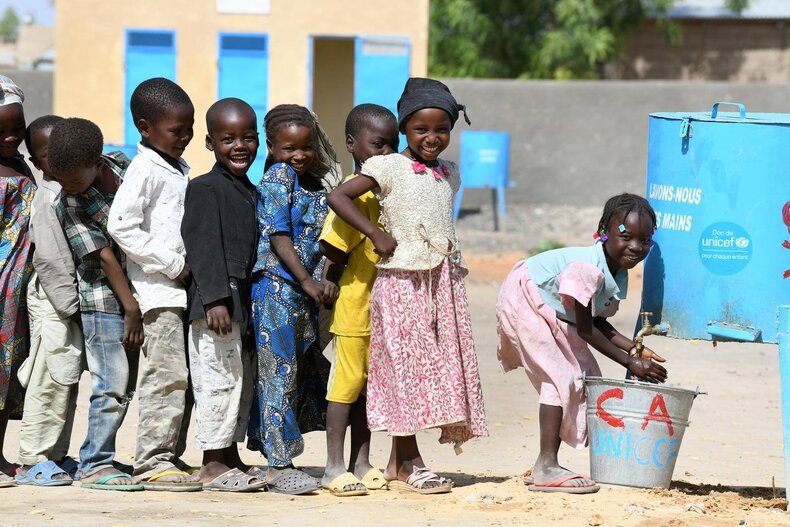
The UNCCD addresses Desertification, Land Degradation, and Drought (DLDD) and its impact on migration through various strategies.
First, the development of knowledge and policy is crucial for understanding the complex interactions between DLDD and migration, which involve social, environmental, political, and cultural dimensions.
Enhancing community and institutional development in affected regions is essential for improving living conditions and mitigating negative migration trends driven by economic and environmental hardships.
Additionally, the promotion of partnerships and investments is vital; developed countries, often the destinations for environmentally-induced migrants, can implement policies that foster collaborations and investments in the drylands of affected nations, thereby improving living conditions and supporting environmental sustainability.
Yet, risk management is another critical area, with the UNCCD collaborating with other UN agencies to address the regional and global impacts of drought, such as climate change, soil erosion, and water scarcity, which force inhabitants to migrate to cities, agricultural frontiers, or other countries.
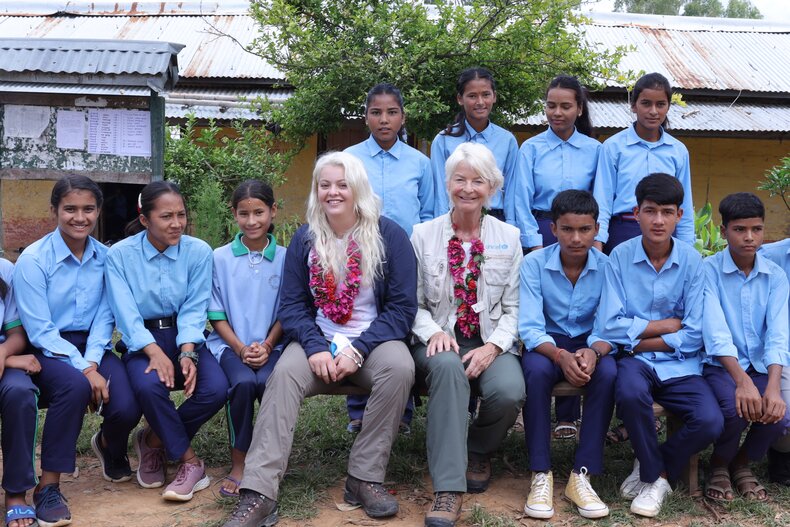
Moreover, promoting sustainable traditional practices and technologies through National Action Programs (NAPs) is essential for combating desertification and drought locally.
Finally, a human rights-based approach to combating the issue is fundamental for ensuring the rights of lower-income groups living in ecosystems threatened by overexploitation and climate change.
Desertification, land degradation, and drought are critical global issues that necessitate urgent action.
By supporting sustainable land management and addressing the root causes of land degradation, we can mitigate forced migration and build a sustainable future.
“Through international cooperation and strong commitments, we can protect our land, ensure food security, and foster resilience for generations to come,” underlines Ann Kathrin Linsenhoff.
Yours
sincerely

